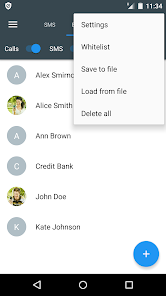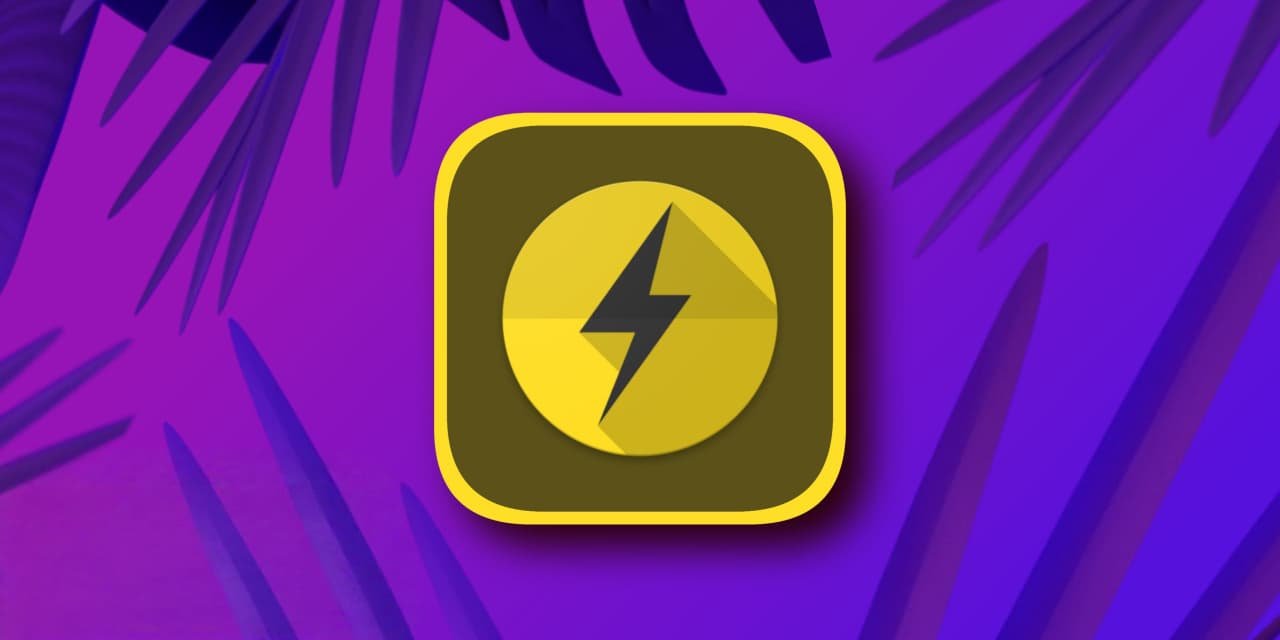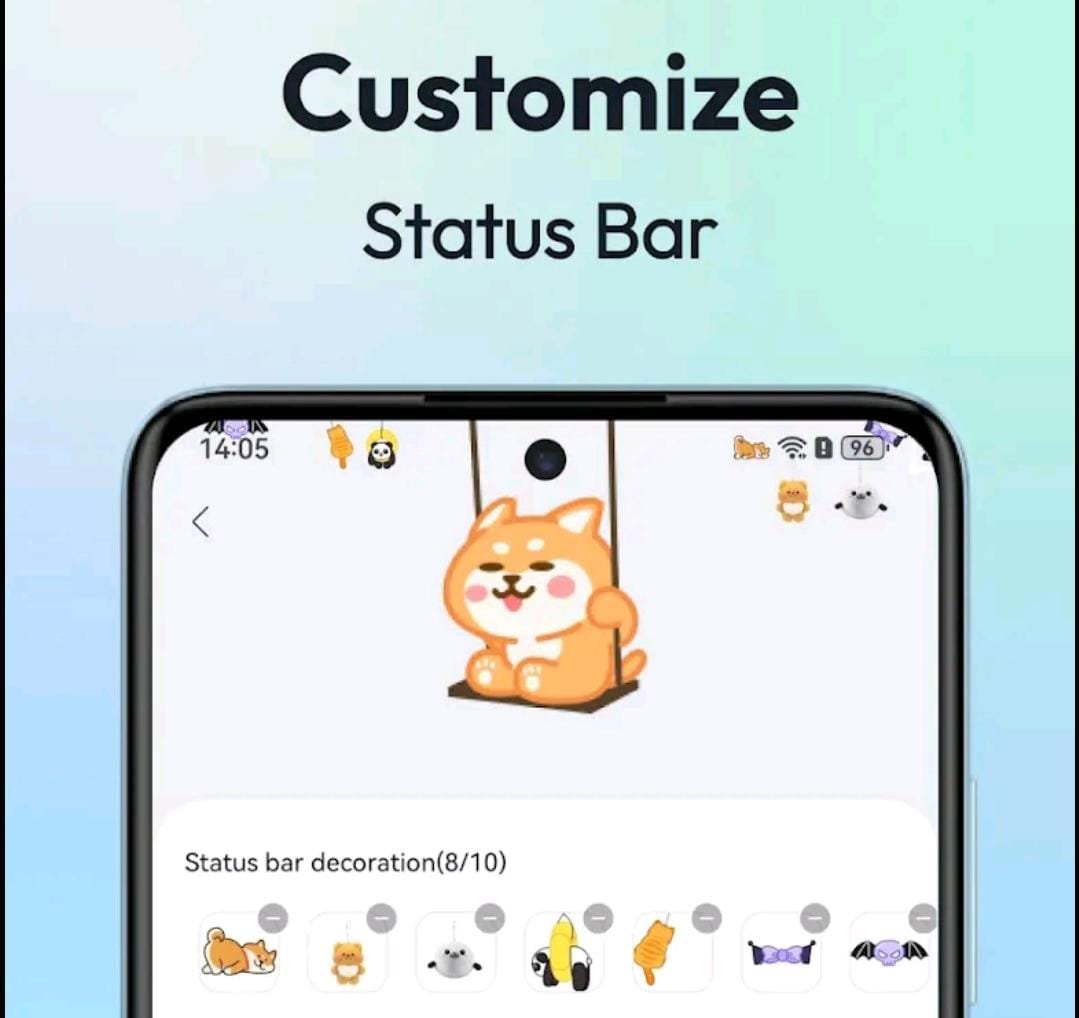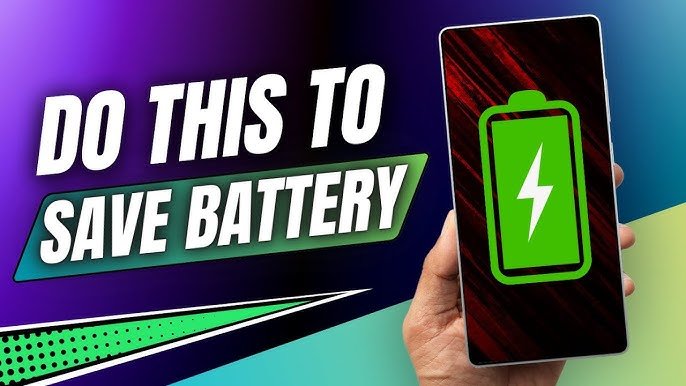Unwanted phone calls are more than just annoying—they’re an invasion of your time, privacy, and sometimes even security. Whether it’s persistent spam callers, scammers, telemarketers, or even personal contacts you no longer wish to hear from, the ability to block calls has become a vital feature for smartphone users today.
Call-blocking apps and services have evolved dramatically in recent years, offering much more than just simple number blacklisting. With features like spam detection, auto-blocking, whitelist management, and caller ID integration, modern call blocking tools help create a safer, more peaceful mobile experience.
In this comprehensive article, we’ll explore everything about blocking calls—what it is, how it works, its key features, pros and cons, and popular alternatives available today.
What is the Block Calls?
Call blocking, also known as call barring, is a function that prevents specified phone numbers from contacting you. When you block a number, your phone either automatically rejects the call or silences it without notifying you, depending on your device settings.
This functionality is built into most smartphones and can also be enhanced with third-party apps. Call blocking is essential for:
Preventing spam and robocalls
Avoiding unwanted contacts
Protecting against harassment or stalkers
Saving time and reducing stress from interruptions
While call blocking may seem like a basic feature, it’s a powerful tool when combined with caller ID, contact filters, and machine learning algorithms that detect fraud or spam behavior.

How Block Calls
Blocking calls can be done in multiple ways, depending on the phone operating system or third-party apps used.
✅ 1. Native Blocking (Built-in on Android & iOS)
Most smartphones allow manual blocking of numbers from the call log or contact list:
On Android:
Go to the Phone app > Recent Calls
Tap the number > Details > Block Number
On iOS:
Open the Phone app > Recents
Tap the “i” info button next to the number
Scroll down and tap Block this Caller
✅ 2. Using Third-Party Apps
Apps like Truecaller, Hiya, Call Blocker, and RoboKiller enhance call blocking with additional features such as automatic spam filtering, caller identification, and cloud-based databases of known fraud numbers.
✅ 3. Through Carrier Services
Some telecom providers offer call-blocking services for an additional fee or as part of premium packages. These may include:
Verizon Call Filter
AT&T Call Protect
T-Mobile Scam Shield
✅ 4. Do Not Disturb & Focus Modes
By configuring Do Not Disturb modes, users can block all calls except from selected contacts. This is ideal during meetings, sleep, or personal time.
Features of Block Calls [Completely Detailing]
Call blocking apps and systems are packed with intelligent, customizable, and powerful features. Here are the most essential:
🔐 1. Manual Number Blocking
Allows users to select specific phone numbers to block permanently.
🤖 2. Automatic Spam Detection
AI-based detection that flags and blocks calls known to be robocalls, telemarketers, or scam attempts.
📵 3. Block Private/Unknown Numbers
Prevent calls from hidden or unregistered numbers that don’t show caller ID.
🔄 Reverse Number Lookup
Lets users check who called and why—great for filtering between spam and important calls.
🔄 Community Reporting
Uses data submitted by other users to identify new spam numbers quickly.
☎️ Call Whitelist & Blacklist
Blacklist: Numbers that are always blocked
Whitelist: Numbers that are always allowed through
📲 Call Recording (Optional)
Some apps allow call recording for blocked or suspicious calls—useful for legal or personal reasons.
🔔 Custom Block Rules
Users can configure rules like:
Block international calls
Block calls not in contacts
Block numbers starting with specific digits
🛡️ Protection Reports
Provides weekly/monthly summaries showing how many calls were blocked and flagged as threats.
🌐 Cloud-Based Sync
Back up blocked numbers and preferences to the cloud, helpful when switching devices.
🌍 Global Spam Database Access
Access to international databases ensures protection from worldwide fraud attempts.
Pros of Block Calls [Use Table]
| Pros | Explanation |
|---|---|
| Reduces Distractions | Blocks unnecessary interruptions during work or rest |
| Enhances Privacy | Prevents known harassers or scam callers from reaching you |
| Prevents Scams & Fraud | Stops phishing or fraud attempts before they even ring |
| Improves Mental Wellbeing | Cuts stress from frequent robocalls or unknown calls |
| Easy to Use | One-tap options on both Android and iOS |
| Saves Time | No need to answer and manually screen each unknown number |
| Custom Control | Allows personal rules for who can and cannot call |
| Spam Protection Updates | Most apps are updated daily with fresh spam numbers |
| Multi-Device Sync | Seamless syncing of block lists across multiple devices |
| Cons | Explanation |
|---|---|
| May Block Important Calls | Legitimate calls from unknown numbers might get filtered |
| Requires App Permissions | Some apps demand access to contacts, call logs, or microphone |
| Privacy Concerns | Data shared with app servers can be misused or sold to third parties |
| Limited Free Features | Advanced functions like auto-blocking or cloud sync often require premium |
| Dependence on Internet | Caller ID and spam databases may not work offline |
| Battery Usage | Background services for blocking can affect battery life |
| False Positives/Negatives | Incorrectly identifying calls as spam or safe |
| Not Foolproof | Scammers can spoof numbers to bypass filters |
Here are some of the most popular and effective call-blocking apps across platforms:
| App/Service | Features | Platform | Free/Paid |
|---|---|---|---|
| Truecaller | Caller ID, spam blocking, reverse lookup, contact sync | Android, iOS | Free + Premium |
| Hiya | Spam alerts, block fraud, business caller ID | Android, iOS | Free + Premium |
| RoboKiller | Automatically blocks robocalls, plays answer bots | Android, iOS | Paid |
| Call Blocker | Lightweight, efficient blocking with whitelist/blacklist | Android | Free |
| Should I Answer? | Community-based call ratings, offline blocking capabilities | Android, iOS | Free |
| Nomorobo | Blocks robocalls using real-time database, works with landlines | iOS, VoIP | Paid |
| TrapCall | Unmasks private callers, block lists, spam call detection | Android, iOS | Paid |
| Carrier Solutions | Verizon Call Filter, AT&T Call Protect, T-Mobile Scam Shield | Android, iOS | Free/Paid Plans |
Call blocking is no longer a luxury feature—it’s a necessity in today’s mobile-first world. With more than 5 billion robocalls placed every month globally, and countless fraud and scam attempts targeting users daily, protecting your number and peace of mind is essential.
Whether you’re an individual looking for a simple way to avoid annoying calls or a business owner trying to reduce interruptions, call blocking gives you control. Combined with caller ID, spam detection, and AI-powered filters, these tools are smarter and more effective than ever before.
Tips for Effective Call Blocking:
Keep your blocking app updated with the latest spam database
Use whitelist features to avoid blocking important numbers
Monitor blocked call logs regularly to avoid false positives
Report new spam numbers to help others stay protected
Blocking calls isn’t just about stopping noise—it’s about regaining focus, safety, and control over your communications.
Conclusion and Final Thoughts
In an era where digital communication is central to personal and professional life, managing who can contact you is crucial. Call blocking stands as one of the most empowering and protective tools in the digital age. It allows you to filter out the noise, keep threats at bay, and maintain your productivity and well-being.
From built-in phone settings to advanced third-party apps, the variety of call blocking tools ensures that everyone can find a solution tailored to their needs. Whether it’s for spam protection, privacy, or parental control, blocking calls is a smart move.







